Long Range RFID: Practical Considerations for RFID Solution Providers
19Professional guide to long range RFID for solution providers, covering rfid reader performance, industrial selection, and real deployment considerations
MoreAll RFID Product
As healthcare institutions expand, the variety and volume of equipment increase, making traditional manual registration and inspection methods insufficient to meet modern demands for efficiency and safety. RFID technology has become crucial tool in the digital transformation of hospital equipment management, enabling real-time tracking, automated inventory, and fault alerts.
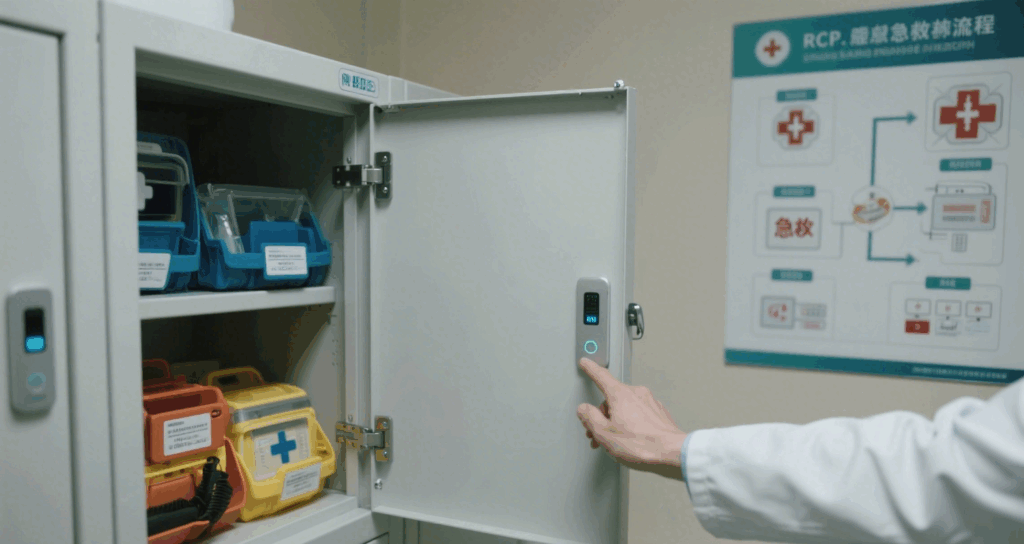
A hospital RFID system typically consists of RFID tags, readers, and a device management platform, delivering the following key features:
RFID is commonly deployed in various hospital settings such as:
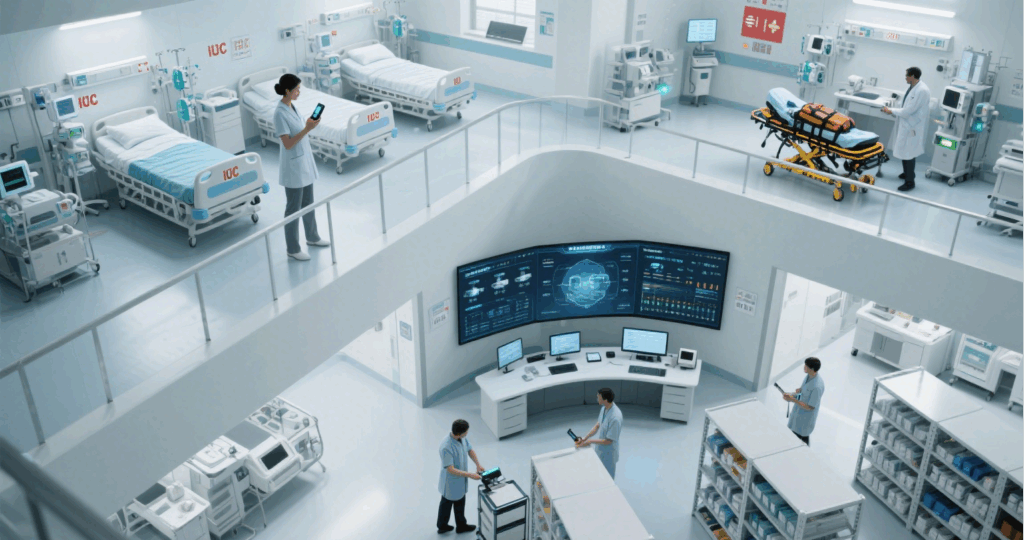
While RFID systems require a higher initial investment, the long-term value is significant:
When selecting an RFID-based hospital equipment management solution, consider the following:
To fully implement hospital RFID equipment management, reliable RFID reading devices are essential. Cykeo provides a range of RFID terminals and fixed readers tailored for medical environments. These support multi-tag identification, long-range reading, and real-time data uploading—helping hospitals build an efficient smart management system.
Ideal for daily inspections, quick inventory in clinical departments, and emergency tracking scenarios.
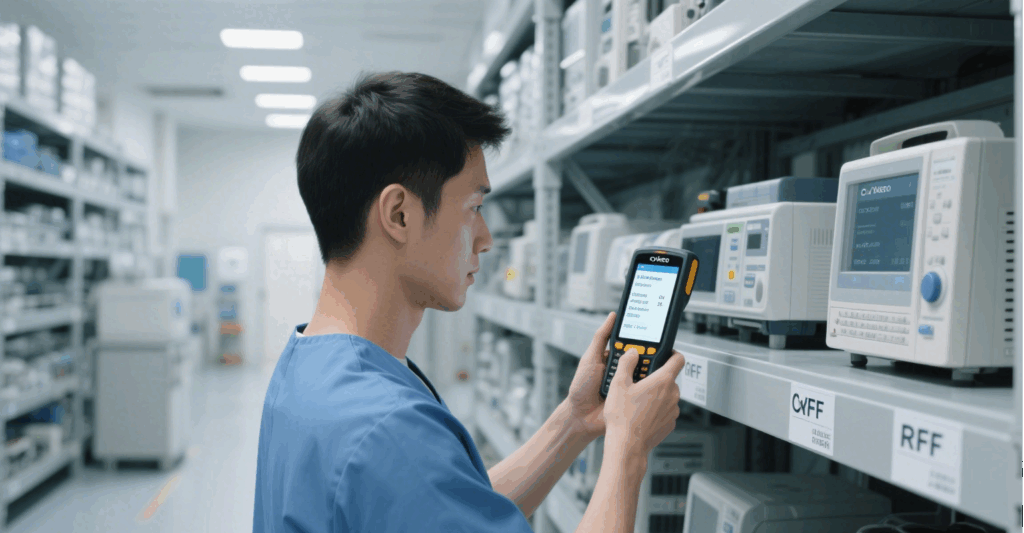
Suitable for real-time monitoring and auto-identification in ICUs, ORs, and storage access zones.
RFID technology is increasingly becoming standard solution in hospital asset management. It not only improves equipment utilization but also ensures medical safety, driving hospitals toward intelligent management.
If you’re looking for a professional RFID medical equipment management solution, feel free to contact us for customized advice and system demos.
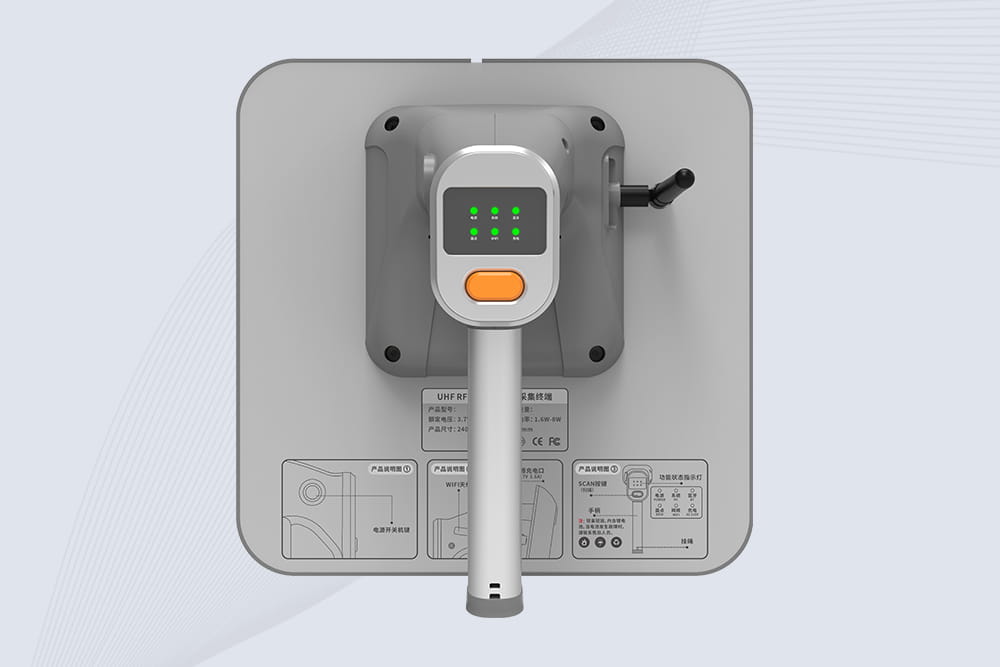
Cykeo CK-B9 UHF Bluetooth handheld RFID scanner features 12m UHF range, 200+ tags/sec scanning, IP67 rugged design for retail/warehouse/pharma. Supports Android SDK & real-time Bluetooth 5.0 transmission.
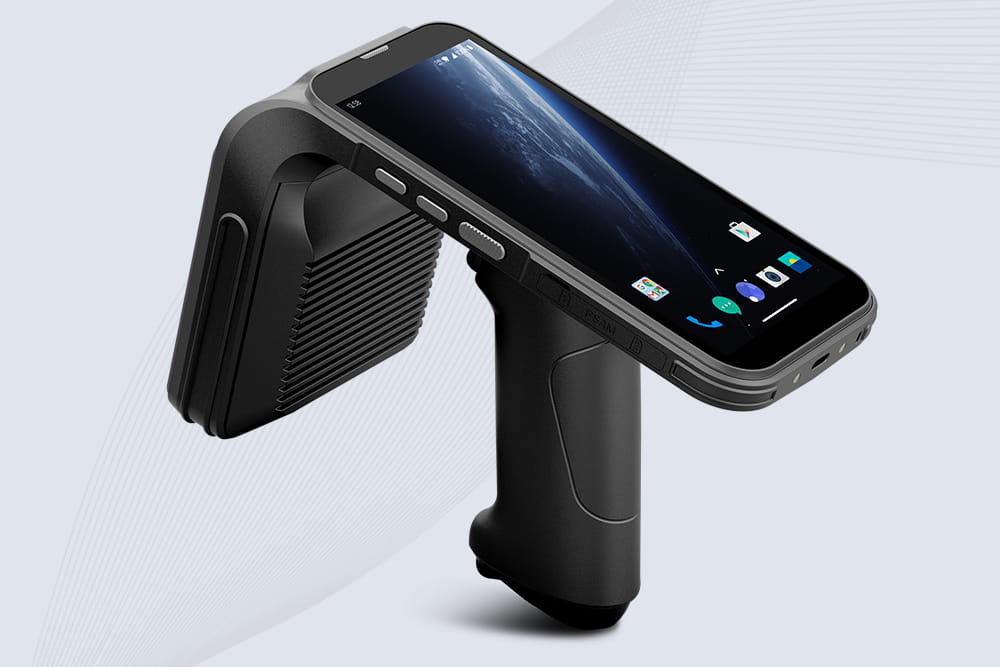
Cykeo CK-B4 UHF Handheld RFID Reader scanner delivers 1300 tags/sec reading, 30m UHF range, and 12-hour battery life. IP65 rugged design with barcode/NFC/ID scanning for retail/manufacturing/logistics.
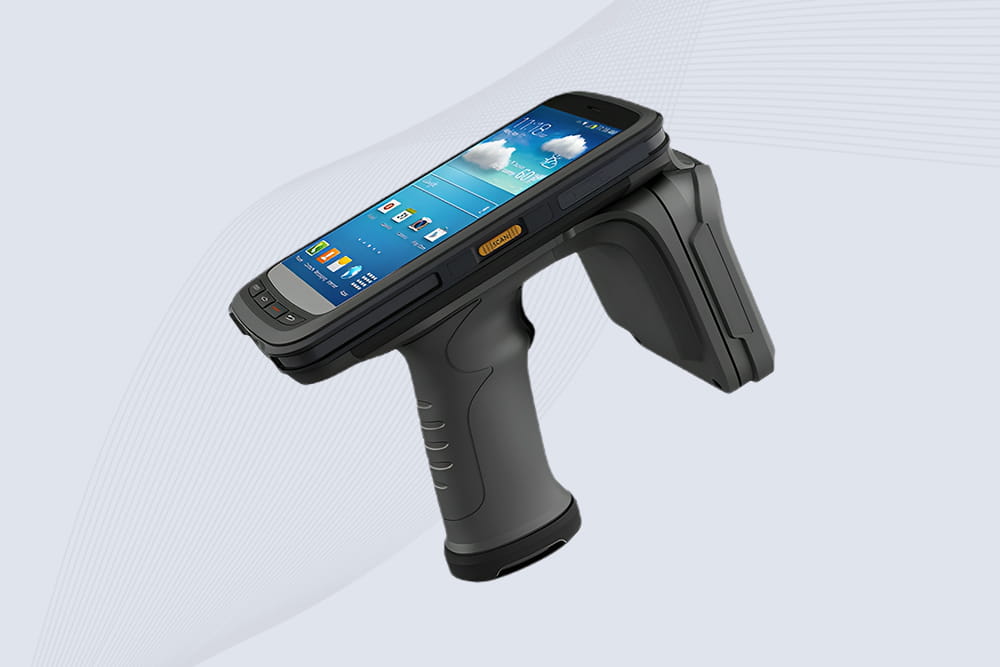
Cykeo CK-B2L industrial UHF RFID handheld offers 10m range, 500 tags/sec scanning, Android 11 OS, and IP65 rugged design for retail/warehouse/manufacturing.
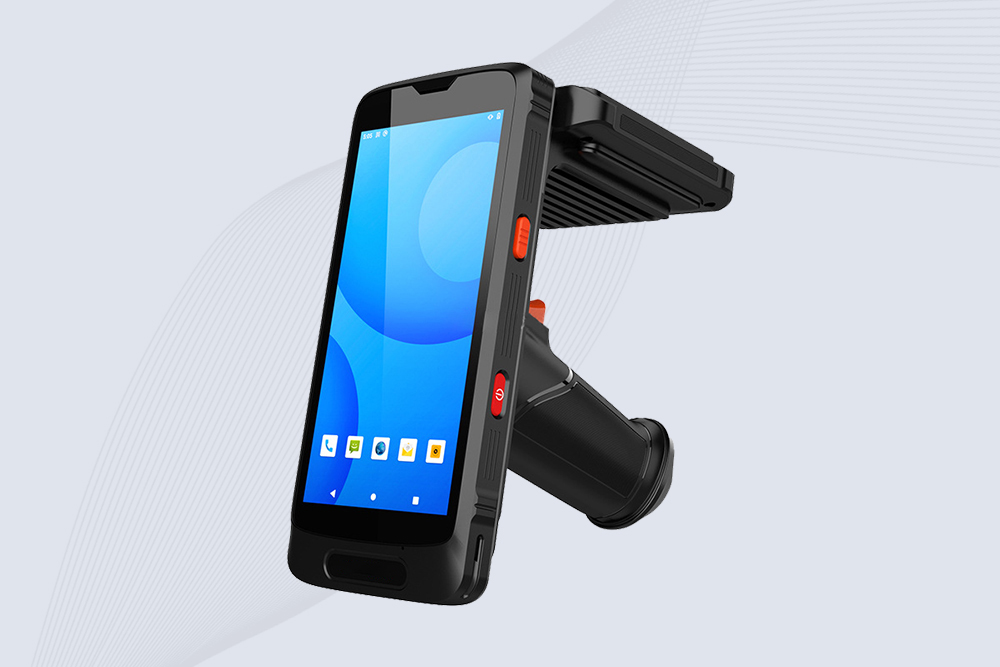
Cykeo CK-B3 industrial RFID Reader Handheld, terminal offers 2m read range, multi-protocol scanning (NFC/barcode/ID), Android 10 OS, and IP65 ruggedness for logistics/retail/manufacturing.
Professional guide to long range RFID for solution providers, covering rfid reader performance, industrial selection, and real deployment considerations
MoreThis article dives into rfid antenna design basics, key parameters, and hands-on tuning lessons, mixing theory with field experience for people who want to design or tweak RFID antenna systems.
MoreWondering why your Washington State ID has an RFID antenna? We explain its purpose for enhanced security, REAL ID compliance, faster border crossings, and address privacy concerns.
MoreUnderstand how security tag readers function and compare the advantages of RFID and magnetic systems to help you choose the right anti-theft tag reading technology for your business.
More